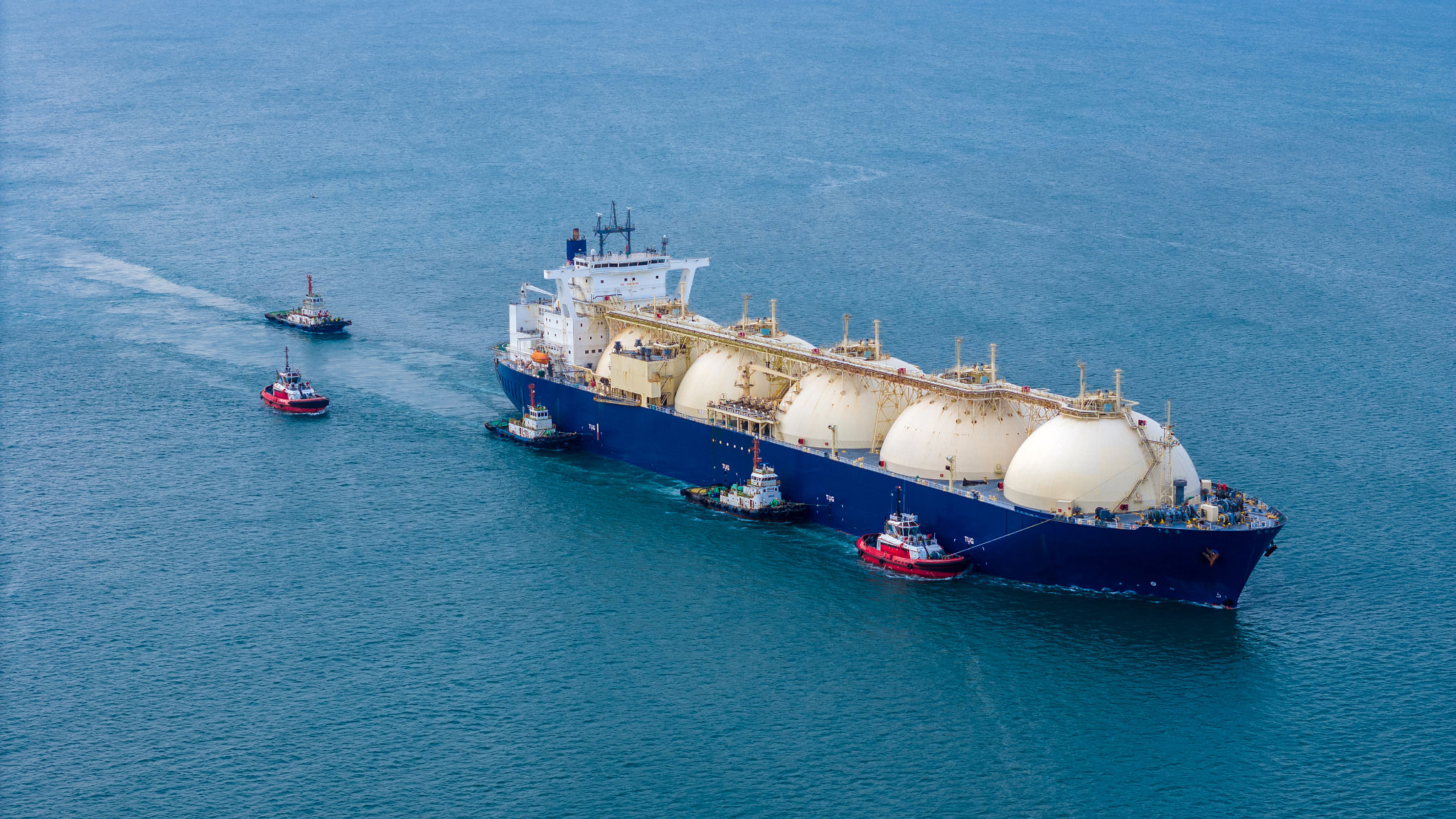How AI/ML is Revolutionizing the Maritime Industry in Italy
The Rise of AI and ML in Maritime Operations
The maritime industry in Italy is experiencing a significant transformation, driven by the integration of Artificial Intelligence (AI) and Machine Learning (ML) technologies. These innovations are enhancing efficiency, safety, and sustainability across various maritime operations. By leveraging the power of AI and ML, Italian maritime companies are paving the way for a more robust and competitive industry.
AI and ML technologies are being used to optimize shipping routes, predict maintenance needs, and improve cargo handling processes. This not only reduces operational costs but also minimizes environmental impact by lowering fuel consumption and emissions. These advancements are crucial for Italy, a country with a rich maritime heritage and a crucial role in global shipping.

Enhancing Navigation and Safety
One of the most significant impacts of AI/ML in the maritime industry is in enhancing navigation and safety. AI-powered navigation systems can process vast amounts of data from various sources, including weather forecasts and oceanographic data, to recommend the safest and most efficient routes. This capability is particularly important for navigating the complex and busy waters of the Mediterranean Sea.
Moreover, AI algorithms are being used to monitor ship systems in real-time, providing alerts for potential mechanical failures before they occur. This predictive maintenance approach helps in preventing accidents and reducing downtime, ensuring smoother and safer voyages.

Improving Port Operations
Italian ports are also benefiting from AI/ML technologies. Automation and smart data analytics are streamlining port operations by optimizing container movements, reducing congestion, and improving turnaround times. AI-driven systems help port authorities manage resources more effectively, leading to increased throughput and reduced operational costs.
Furthermore, ML models are being deployed to enhance security measures at ports. These models can analyze patterns and detect anomalies that may indicate security threats, ensuring that ports remain safe and secure in an ever-evolving global landscape.

Environmental Sustainability
Environmental sustainability is a growing concern for the maritime industry, and AI/ML technologies are playing a pivotal role in addressing this issue. By optimizing fuel consumption through predictive analytics, AI helps reduce greenhouse gas emissions. Additionally, ML algorithms assist in monitoring marine ecosystems, providing valuable insights into the impact of shipping activities on the environment.
Initiatives such as these align with Italy’s commitment to sustainable development and its efforts to protect the Mediterranean’s delicate marine environment. The use of AI/ML not only benefits the industry economically but also contributes positively to environmental conservation.
Future Prospects
The integration of AI/ML in the maritime industry is still in its early stages, but the potential for growth is immense. Italy stands at the forefront of this technological revolution, with several research institutions and startups focusing on developing innovative solutions tailored to the maritime sector.
As these technologies continue to evolve, we can expect even greater advancements in autonomous vessels, enhanced logistics management, and improved regulatory compliance. The future of Italy’s maritime industry looks promising, with AI/ML poised to play an integral role in shaping its trajectory.

